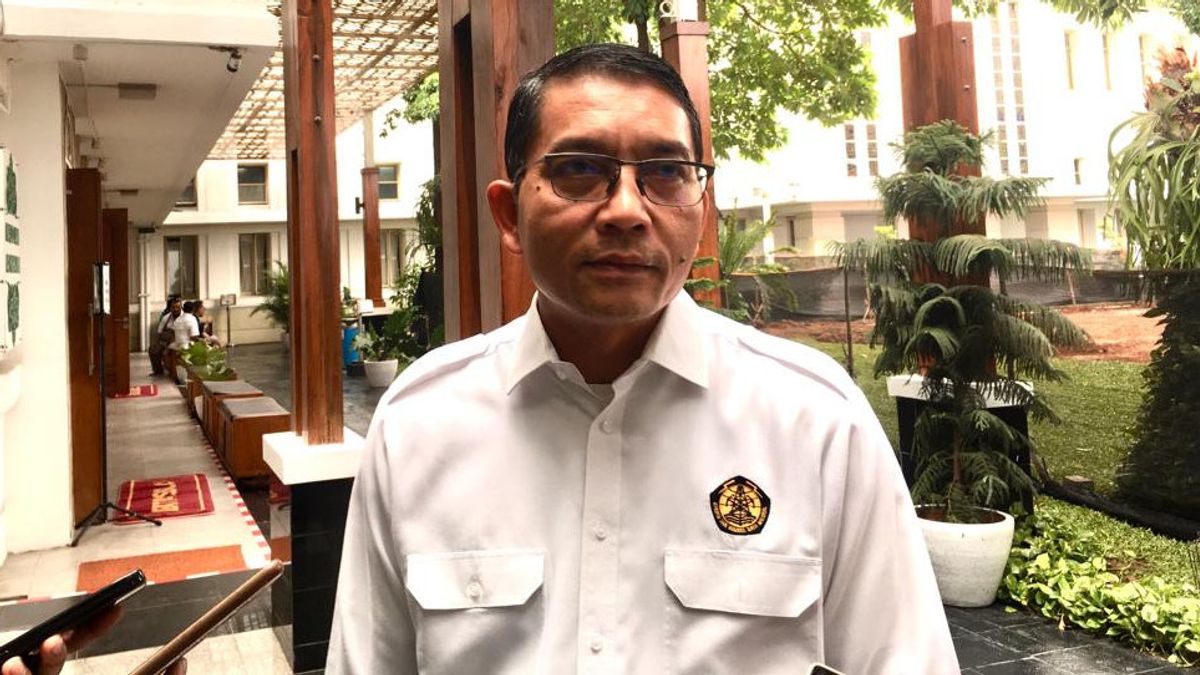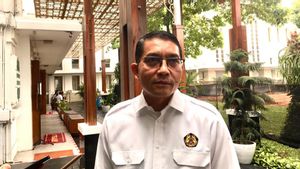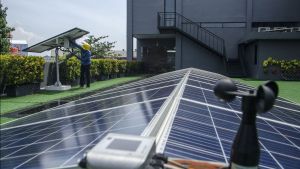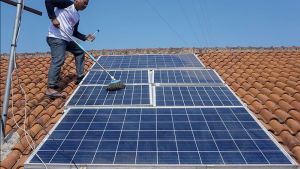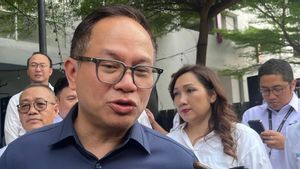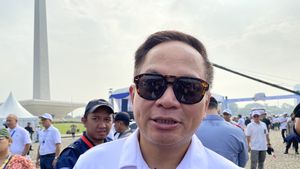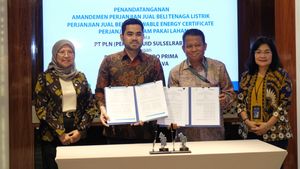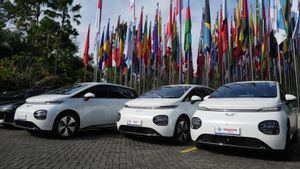JAKARTA - The government has signed a revision regarding the Roof Solar Power Plant of PLTS which was signed by the Minister of Energy and Mineral Resources Arifin Tasrif on January 29.
Just so you know, the Ministerial Regulation (Permen) of Energy and Mineral Resources Number 2 of 2024 is a substitute for the Minister of Energy and Mineral Resources Regulation Number 26 of 2021 concerning Roof PLTS Connected to the IUPTL Holder Electricity Network for Public Interest.
The regulation removes the export of electricity imports as stated in the 13th in the Permen, which states that the excess electrical energy of the Rooftop PLTS system that enters the IUPTLU holding network is not taken into account in determining the number of electricity bills for roof PTLS customers.
However, one of the regulations for buying and selling electricity to PLN can still take place.
In the regulation Article 47 states that for the Roof PLTS system that has been operating and connected to the IUPTLU holding network, the export of electricity imports has been declared valid for 10 years since obtaining approval from the IUPTLU holder.
In addition, Rooftop PLTS customers who have received approval from IUPTLU holders but have not yet operated before this Permen applies, the mechanism for calculating exports of electricity imports and the provision of capacity costs remains valid for 10 years since obtaining approval from IUPTLU holders.
Article 47 point B in the regulation reads "A Rooftop PLTS subscription that has received approval from the IPTLU holder but has not yet operated before this Ministerial Regulation comes into effect, the mechanism for calculating exports of electricity imports and the provisions for the cost of capacity are declared valid for 10 (ten) years since obtaining an agreement from the IUPTLU holder.
Secretary General of the Ministry of Energy and Mineral Resources Dadan Kusdiana said that although regulations related to exports of electricity imports had been abolished in this regulation, he ensured that the public would still receive incentives from the government.
"There is no import (electric) export, but we still have incentives. So consumers who install roof PLTS do not get a charge, there are clothing costs and so on. Well, there is no incentive in it," Dadan said to the media quoted Monday, February 26.
Dadan said that the new regulation would also implement a quota system, considering that PT PLN (Persero) must ensure reliable electricity quality to be distributed to the public and industry.
"PLN also has limitations on the side of receiving electricity from the Rooftop PLTS. For example, now it is cloudy, even though PLN calculates that there is electricity on the roof, on the one hand it must provide electricity that must be ready to channel, on the other hand, they still have to distribute quality electricity," added Dadan.
SEE ALSO:
The quota system is contained in Article 7-11, where the Roof PLTS system development quota is prepared by IUPTLU holders by considering the direction of national energy policy, plans and realization of the business plan for the provision of electricity, as well as the reliability of the electricity system in accordance with the provisions in the rules of the electricity system network (grid code) for IUPTLU holders for a period of 5 years which is planned per year.
The English, Chinese, Japanese, Arabic, and French versions are automatically generated by the AI. So there may still be inaccuracies in translating, please always see Indonesian as our main language. (system supported by DigitalSiber.id)
